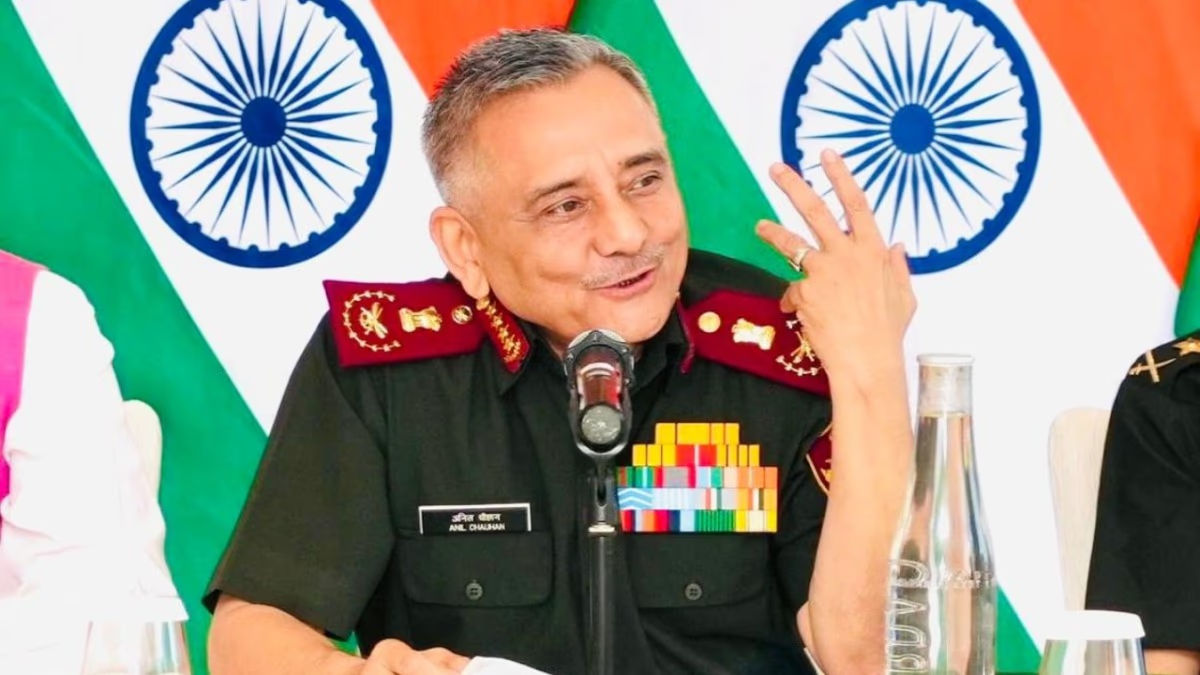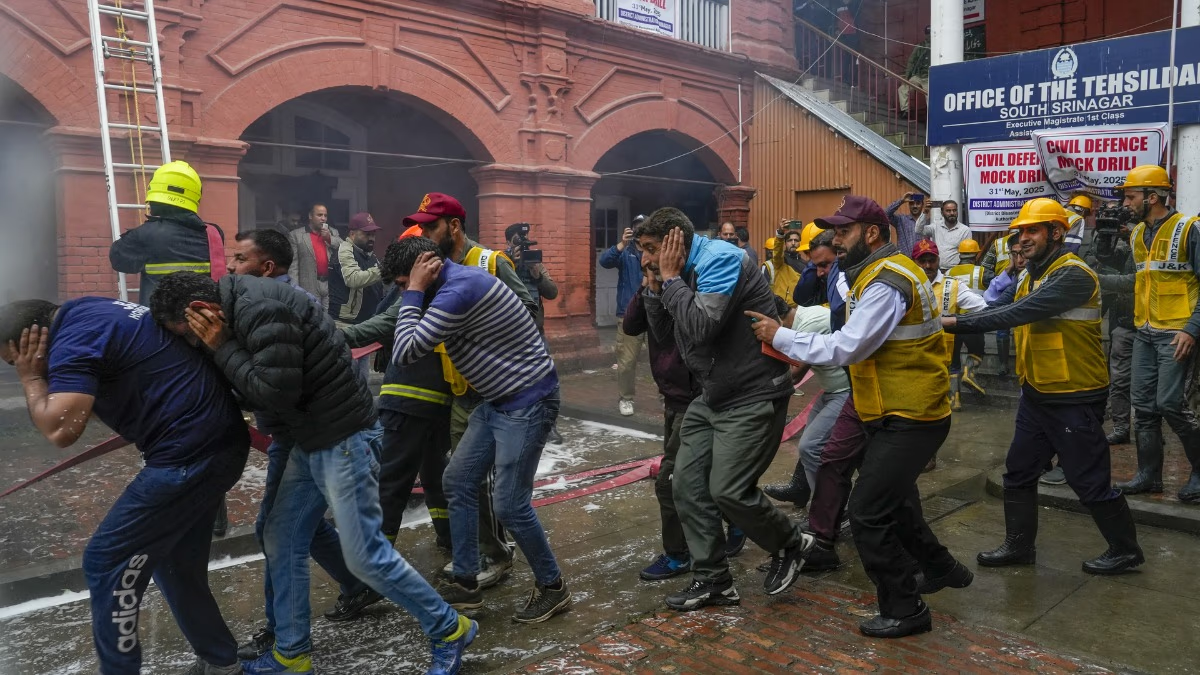Chief of Defense Staff General Anil Chauhan openly addressed the recent conflict with Pakistan on Saturday. In an interview with Bloomberg during the Shangri-La Dialogue security conference in Singapore, he refuted Pakistan's Prime Minister Shehbaz Sharif's assertion that Pakistan shot down six Indian aircraft, including four Rafales.
On April 22, in response to a terrorist attack in Pahalgam, the Indian Air Force carried out bombings on terrorist targets in Pakistan on May 7. This led to open conflict between Pakistan and India. Pakistan claimed that it shot down six Indian fighter planes, including at least three Rafales.
General Chauhan conceded that India faced initial air losses but did not specify numbers. In response to a journalist's question about the losses during Operation Sindur, he said, 'What's crucial is not how many were lost, but why they were taken down, and what mistakes were made. That's what's important, not the numbers. What matters is what we did thereafter.'
Previously, the armed forces had dodged questions regarding Pakistani claims of shooting down Indian planes. Air Marshal A.K. Bharti, Director General of Air Operations (DGAO), addressed this during a press conference, stating that losses are part of any war scenario, but all Indian pilots returned home safely.
He said, 'We are in a war scenario, and losses are part of it. The question is if we've achieved our goal. The answer is a resounding yes. At this time, I would refrain from commenting on the aircraft losses as we are still in conflict, and it could give an edge to the adversary. Our pilots have all returned home.'
CDS General Chauhan stated the armed forces quickly analyzed and corrected their strategic mistakes and revisited Pakistan as part of Operation Sindur two days later. General Chauhan remarked, 'The positive thing is our ability to grasp our strategic faults, rectify them and implement changes promptly, swiftly mobilizing our jets for long-range targets.'
General Chauhan detailed India's extensive retaliatory actions on May 7, 8, and 10, aiming deep into Pakistan's air bases. He noted, 'We executed precise strikes while bypassing Pakistan's air defense systems. On May 10, we utilized every type of aircraft and weaponry.'
It's worth mentioning that Indian forces had previously indicated their drones and missiles targeted at least eight Pakistani airbases, something Pakistani authorities had also acknowledged but claimed minimal damage.
General Anil Chauhan also clarified that the conflict was never close to nuclear warfare. He emphasized that lines of communication with Pakistan remained open, which prevented the situation from spiraling out of control. 'My personal view is there's significant latitude between conventional military operations and nuclear weapons usage. Both military leaderships displayed prudence and responsibility throughout, ensuring the situation remained controlled despite tensions,' he explained.
Chauhan mentioned that India faced no direct military challenge from China during the conflict. He said, 'Since April 22, we've observed no unusual activities along our northern border.'
Upon being asked if China provided Pakistan with satellite imagery or real-time intelligence, Chauhan commented that such information is commercially available not only from China but from various sources.




